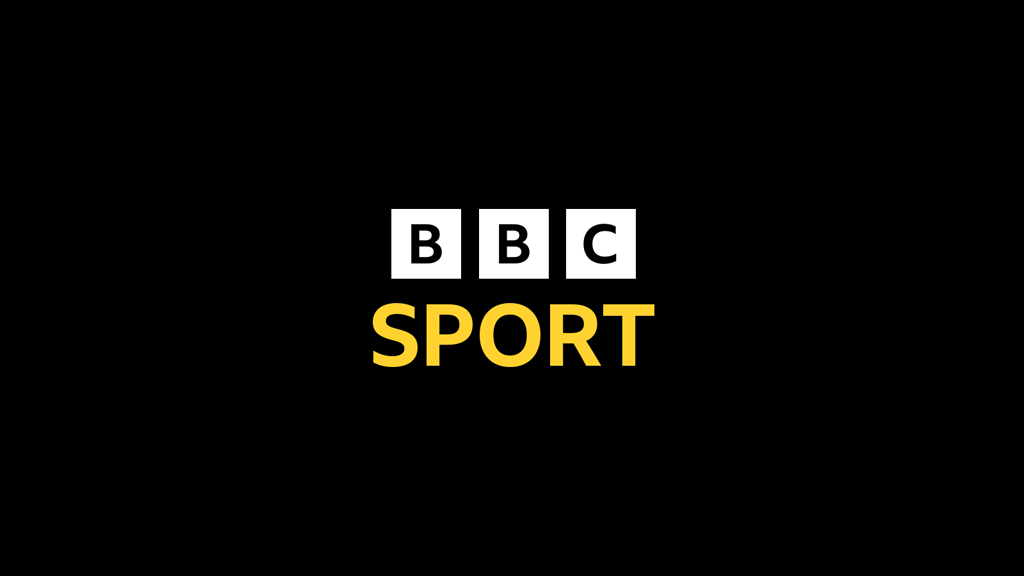Rangers Ownership Shake-Up: Bennett Signals Major Share Sale Imminent

In a surprising turn of events, the former chairman of Rangers Football Club has agreed to sell his stake in Ibrox Stadium, while Dundee United claims that one of their defenders was essentially pushed into making a move to Ireland.
The complex saga unfolding in Scottish football reveals tensions behind the scenes, with ownership changes and player transfers creating significant buzz. The former chairman's decision to sell his Ibrox stake suggests potential shifts in the club's leadership and strategic direction.
Meanwhile, Dundee United has raised eyebrows by alleging that their defender was effectively compelled to relocate to an Irish club, hinting at potential internal pressures or external influences affecting player movements.
These developments underscore the dynamic and often unpredictable nature of football management, where ownership stakes and player transfers can change rapidly, keeping fans and analysts alike on the edge of their seats.

